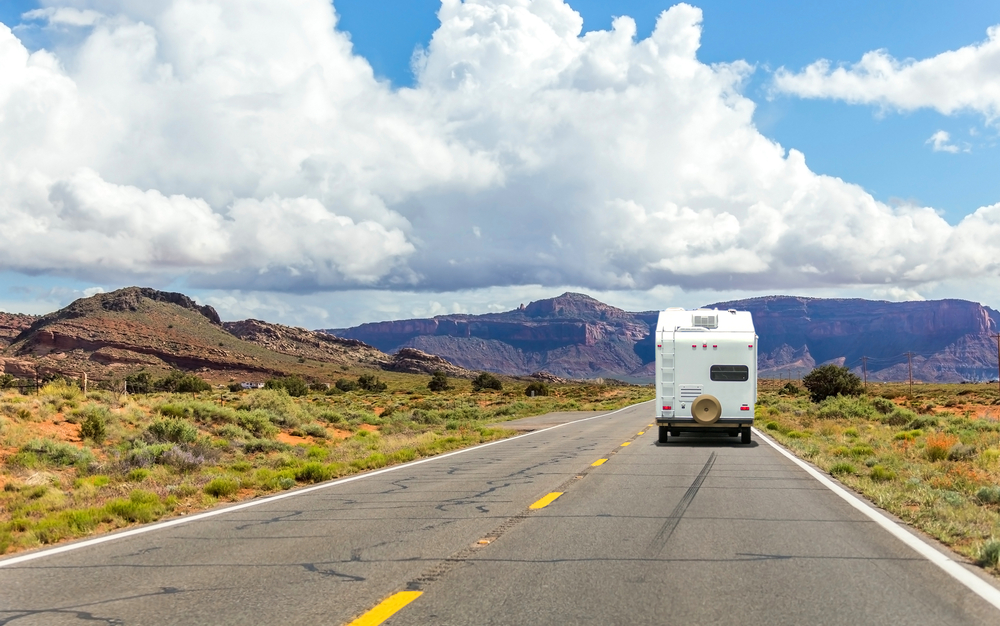
How Does RV Insurance Differ from Car or Truck Coverage?
Thursday, September 21, 2017
RV coverage is different than typical car or truck coverage in many ways. Yet, car owners continually try to combine the coverages when buying an RV or going on a big trip. In theory, this could work. In practice, you’ll find a variety of gaps in your coverage.
To make things simple, you probably need RV insurance if you own one of these recreational vehicles. Without a dedicated RV insurance policy, you could run into significant financial issues in the event of a crash.
What is RV Insurance?
In certain ways, RV insurance is similar to car insurance. You can purchase both liability and comprehensive coverage for your RV. However, the policies tend to get more complex from here on out.
For example, there are a variety of RV types. You have RVs, travel trailers, fifth wheels, pop-up campers, and more. Each one of these vehicles can require a different type of coverage. However, some policies cover them all. It just depends.
The major difference comes between motor homes and campers. A motorhome will require insurance to be on the road. Driving this type of RV without a policy is illegal. A camper may not require additional insurance, as it has no motor. However, you will still want to purchase insurance for the camper.
Types of RV Insurance
When looking into RV insurance, you’ll quickly realize there are a few common types. Before things get too confusing, let’s dive in and find which policies may suit your needs. These are all specialized RV coverage options for dedicated motorhomes:
- Full-Timers Insurance
If you live and drive your motorhome around full-time, then you will need full-time RV coverage. These coverages are a combination of car and home insurance. Your RV is your home on the road, so you’ll need to insure your investment while still having liability on the road.
Full-timers RV insurance is somewhat expensive in many scenarios, but the policies offer a lot of coverage, too. You’ll find many policies offer medical coverage options, along with emergency services.
- Campsite Liability Insurance
If you only use your RV every now and then, you may qualify for a campsite liability insurance policy. This type of coverage offers nearly full coverage for RV owners who occasionally use their RV as their place of dwelling.
There are certain limitations with this type of RV insurance, but the coverage still offers some medical expense coverage and more.
- RV Emergency Coverage
Certain RV insurers also offer emergency expense coverage options. Basically, if your RV is getting repaired, the insurer will reimburse you for a hotel and food costs while the vehicle is in the shop.
Car Insurance Vs. RV Insurance
There are two main differences between RV and car insurance. To begin, car insurance can only be held on a yearly basis. You cannot put a car into storage and not pay the insurance premiums on it unless it’s considered a collectible.
With an RV, you can pay for part-time insurance. This means you only pay premiums for a certain chunk of the year. For example, you may only pay for RV insurance from March to October. The rest of the year you would keep the RV in storage and not pay any insurance premiums.
Another huge difference is the liability threshold difference between cars and RVs. RV insurance liability thresholds tend to be much higher than that of car policies. Why? Because RVs often cost more and can do significantly more damage to smaller cars if they are in a wreck.
While this can be a little costly, most RV owners don’t mind. The policies offer a little confidence boost for drivers and owners.
How Does RV Insurance Differ from Car or Truck Coverage?
RV insurance is quite different than car or truck coverage. Before you get a policy for your motorhome, make sure you speak with your insurance agent. A little guidance can help you find a good policy for your RV.
